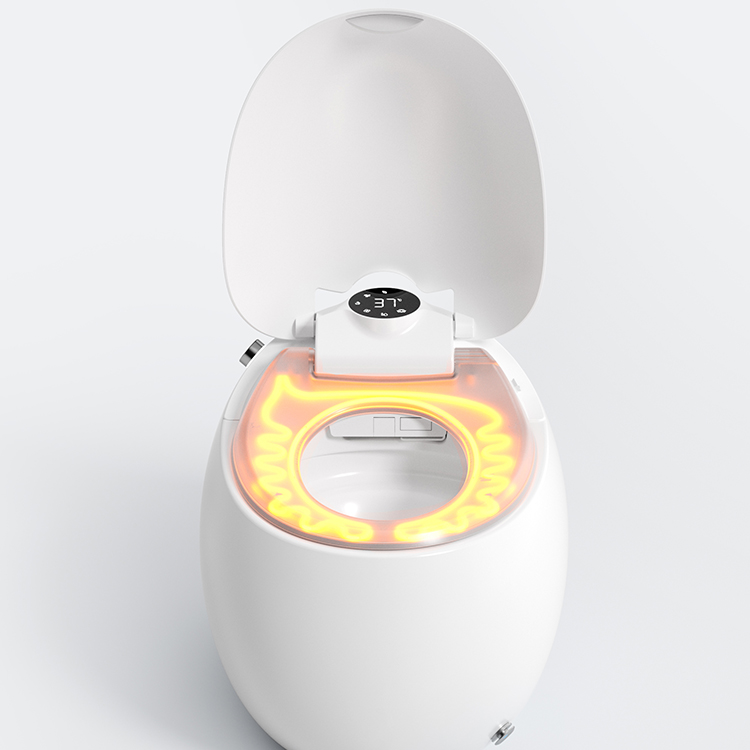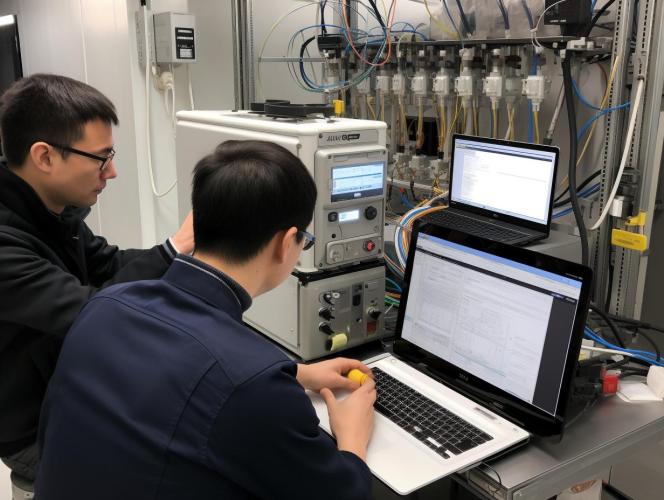In recent years, prefabricated homes have garnered significant attention as a viable sustainable construction option. These homes are built off-site in controlled environments and then transported to the desired location for assembly. This innovative approach not only reduces construction time but also minimizes waste and environmental impact.

One of the major advantages of prefabricated homes is their potential for energy efficiency. These structures can be designed to include advanced insulation materials and energy-saving technologies, significantly reducing the overall energy consumption.
Furthermore, the design flexibility offered by modular housing allows architects to create customized living spaces that can adapt to various climates and lifestyles, aligning well with the principles of green architecture.

Prefabricated construction methods significantly reduce material waste by allowing for more precise resource allocation during the manufacturing stage. Studies show that this approach can lower waste production by up to 30% compared to traditional building methods.
Additionally, the reduced transportation needs and construction time result in a lower carbon footprint, making prefabricated homes a compelling option for environmentally conscious homebuyers.

As the demand for sustainable living solutions continues to rise, prefabricated homes are positioned as a leading solution in the construction industry. With their numerous benefits, including energy efficiency, reduced waste, and customizable designs, they represent a forward-thinking approach to modern housing.
Investing in prefabricated homes not only meets the needs of today’s consumers but also supports a more sustainable future for generations to come.






